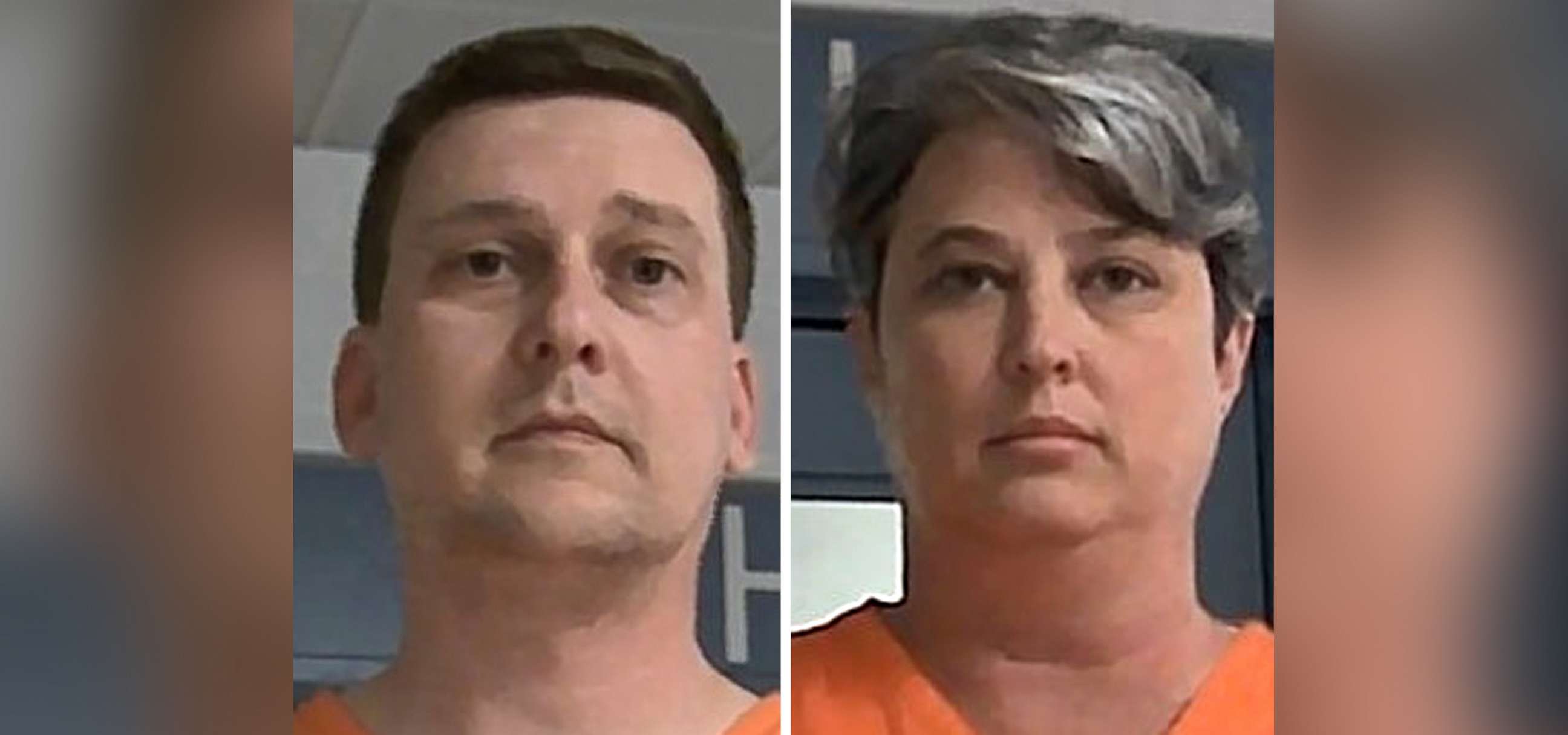Maryland couple pleads guilty to selling nuclear-related secrets
The couple was charged with selling nuclear information to a foreign country.
Jonathan and Diana Toebbe pleaded guilty for a second time on Tuesday to federal charges that they tried to sell secrets about U.S. submarine nuclear propulsion systems to a foreign country.
The couple originally pleaded guilty in February but a judge threw out the plea agreements last month after deciding the sentences called for were too low.
The Toebbes, of Annapolis, Maryland, seemed to neighbors and co-workers to be the typical suburban couple before they were arrested last October for allegedly scheming to sell secrets about Virginia-class nuclear submarines to a foreign country, which was not identified in court papers but was Brazil, a source told ABC News.
At the time of his plea, Toebbe conceded he sent a package to a foreign government, listing a return address in Pittsburgh that contained a sample of restricted data and instructions for establishing relationship to buy additional restricted data.
Toebbe said he began corresponding with someone he thought was a representative of the foreign government who was really an undercover FBI agent.
On June 8, 2021, the undercover agent sent $10,000 in cryptocurrency to Toebbe as "good faith" payment.

A few weeks later, Jonathan and Diana Toebbe traveled to a location in West Virginia, prosecutors said. There, with Diana Toebbe acting as a lookout, Jonathan Toebbe placed an SD card concealed within half a peanut butter sandwich at a pre-arranged "dead drop" location, they said.
After retrieving the SD card, the undercover agent sent Jonathan Toebbe a $20,000 cryptocurrency payment, prosecutors said. In return, Jonathan Toebbe emailed the undercover agent a decryption key for the SD card. A review of the SD card revealed that it contained restricted data related to submarine nuclear reactors, the indictment said.
Diana Toebbe, 46, pleaded guilty to a single count of conspiracy to communicate restricted data, conceding she "knowingly and voluntarily" joined a conspiracy with her husband, a former nuclear engineer for the U.S. Navy, to sell secrets to a foreign country, which ABC News has previously identified as Brazil.
"I acted as lookout for my husband when he serviced three dead drops," Toebbe said.
According to the charging documents, one of those dead drops included a blue 16GB SanDisk SD "wrapped in plastic and placed between two slices of bread on a half of a peanut butter sandwich."
The new plea agreement appeared to call for a sentence of about 12 years in prison, four times as long as Diana Toebbe's prior agreement. Magistrate Judge Robert Trumble accepted her plea but noted a different judge would determine whether the new sentencing terms were sufficient.
Jonathan Toebbe, 43, also pleaded guilty to a single count of conspiring to communicate restricted data pursuant to an agreement that calls for a sentence of up to 17 years in prison.
Toebbe sent a letter to the intelligence service of Brazil in April 2020 that "stated a desire to sell documents containing U.S. Navy information marked CONFIDENTIAL that included printouts, digital media files containing technical details, operations manuals, and performance reports," the charging documents said.
"I apologize for this poor translation into your language. Please forward this letter to your military intelligence agency. I believe this information will be of great value to your nation. This is not a hoax," the letter said, according to the criminal complaint.
His theft "irreparably compromised" a critical component of national defense, Judge Gina Groh said in August when she rejected the initial plea agreements.
At the hearing, Groh read an impact statement submitted by the Navy that said, in part, the "breadth and depth of Mr. Toebbe's betrayal for personal gain is extraordinary."




